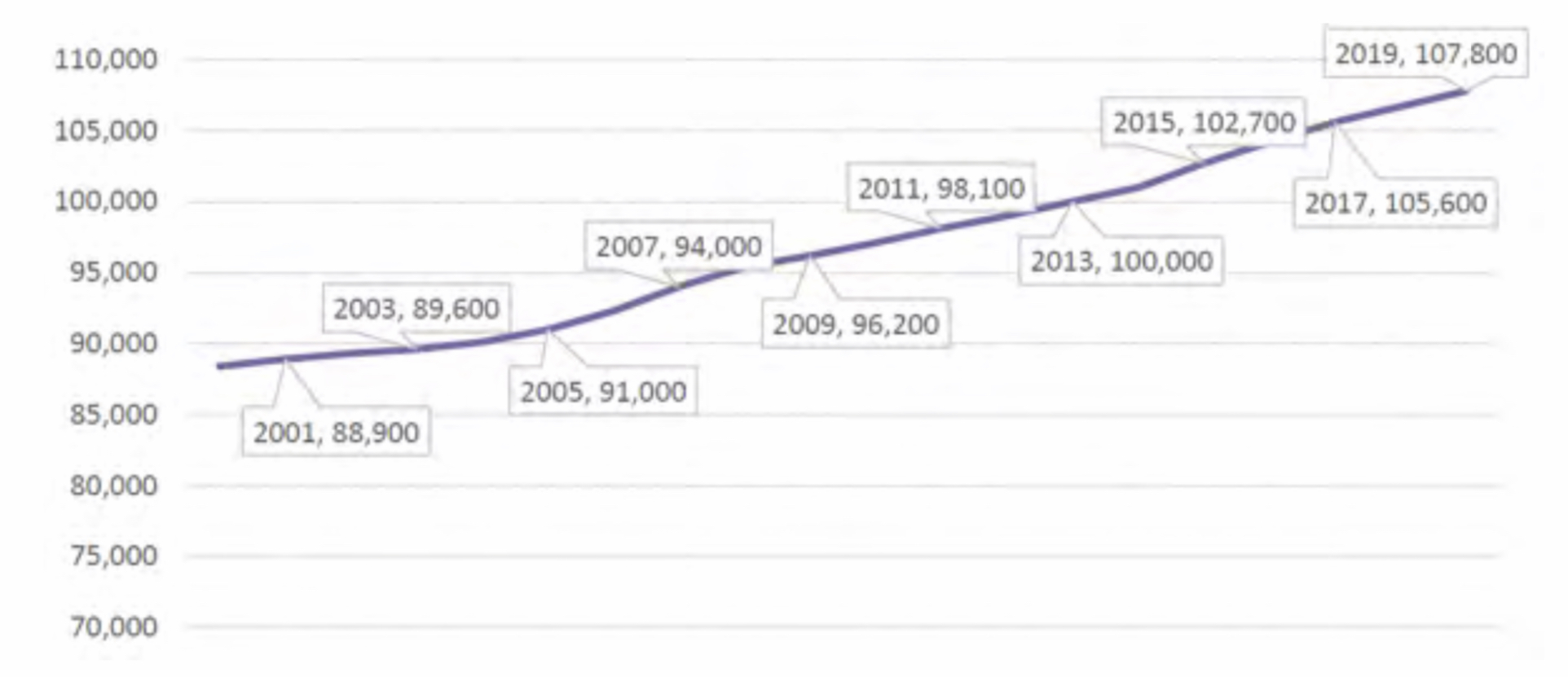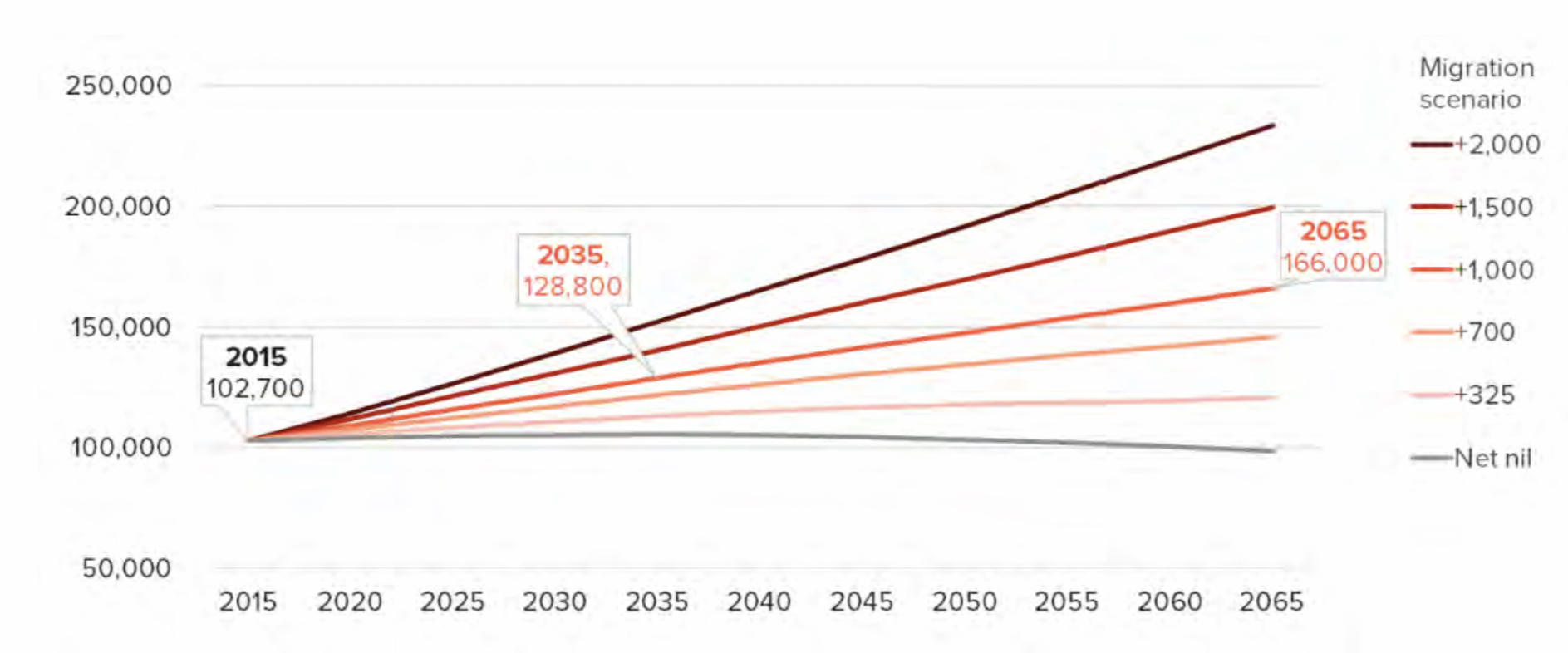


The States Assembly has agreed to bring in a new set of tools to control the island’s burgeoning population – but how those controls will be applied has yet to be determined.
That decision will be set out in a population policy, which is due to be debated by politicians before the end of the year. Yesterday, politicians agreed to bring in a migration policy which the Government says will allow it to manage who comes into the island to work.
Deputy Rowland Huelin, who led the Government’s Migration Policy Development Board, said the migration policy would make any population policy meaningful.
Distinguishing between the two, he said: “There are no numbers up or down in this migration policy, nor does it mention any sectors of the economy. We all agree that we have uncontrolled migration at the moment of 1,200 [net] a year because our only way to manage it is a leaky tap that doesn’t work properly.
“What this does is fix the tap, which will allow us to the turn it on and off, hot or cold, determined by the needs of the Island. How much we turn the tap will be set by the population policy, but at least we’ll know it works.”

Pictured: Jersey’s resident population from 2000 to 2019.
The migration policy will introduce a set of permissions: lasting nine months, four months, ten years and a long-term permission. The first two will not count towards permanent residence status.
Explaining why the metaphorical tap was leaky, Chief Minister John Le Fondré said: “The main driver of the recent growth in Jersey’s population has been the automatic ‘graduation’ of migrant workers who arrive in the island to take up registered employment and who, when they become Entitled To Work after five years, can move into the wider job market – freeing up registered employment permissions that employers use again for new inward migrants.
“This allows one registered permission to be used repeatedly by the employer allowing more than one migrant to take advantage of the permission at different times. This means that the total number of workers in the Island continues to increase even if no new registered permissions are granted to businesses.”
Members accepted the bulk of the proposal by a wide margin, 34 votes to 14, although one part of the Government’s plan – to create an independent, statutory panel of experts to advise Ministers on population matters – did meet more resistance, with 20 Members opposing that proposal.

Pictured: Jersey’s total projected population size from 2015 to 2065 under different levels of net migration. At 1,000 a year, the Island’s population will be 166,000 by 2065, according to Statistics Jersey.
Although the panel concept was approved, many Members voiced concern that Ministers would simply follow the experts’ recommendations, thus diluting the democratic primacy of the Assembly.
Following the adoption on the migration policy, Members will discuss its details in a ‘in-committee’ debate – which has no vote at the end – in three weeks’ time.
Ministers also hope that more detail – which a Scrutiny Panel found to be lacking in a recent report – will be added over the summer, when regulations will be drawn up and the implications of Brexit and the covid pandemic on migration will be better understood.
Recently, Deputy Huelin voiced concern that the population policy might not be ready before the end of the year - when the Assembly has said it must be debated by - because a new IT system would not be fully operational by then nor would the results of this year’s census be properly analysed.
Comments
Comments on this story express the views of the commentator only, not Bailiwick Publishing. We are unable to guarantee the accuracy of any of those comments.